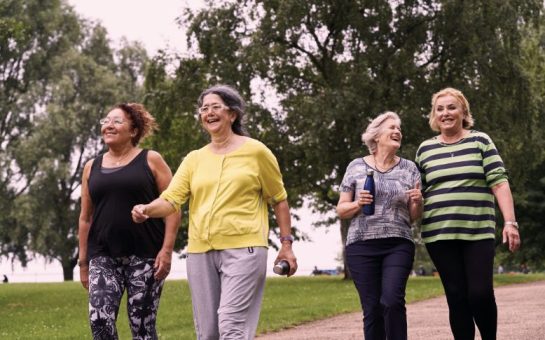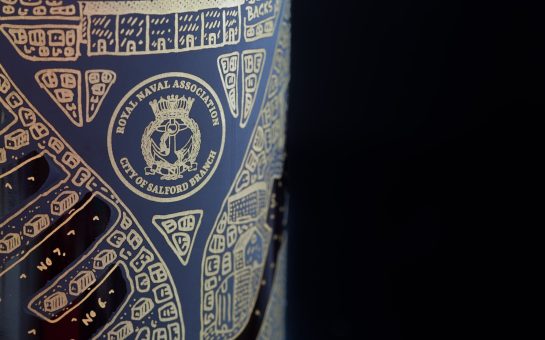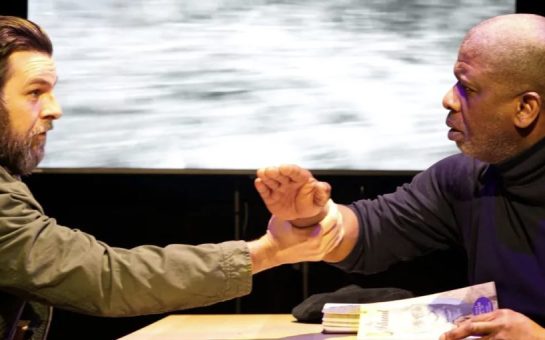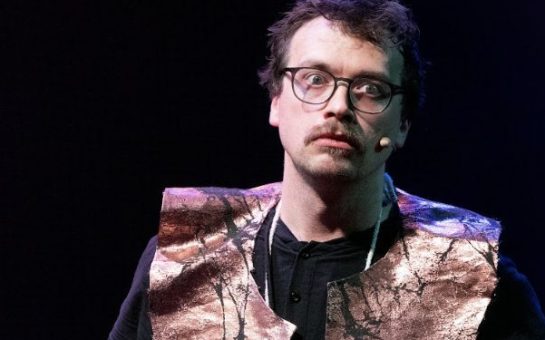Salford Handball Club, currently the best of the Brits, get their inspiration from a man who stumbled across the sport by accident.
Bill Baillie, who juggles his Salford responsibilities with working as Talent Development Officer for UK Deaf Sport, remembers the moment well.
“That was it,” he told MM, recalling the moment when as a Glaswegian schoolboy he saw some young lads throwing a ball around after his usual judo class was cancelled.
“I was hooked, and badgered my teacher for three months to get handball in my school.”
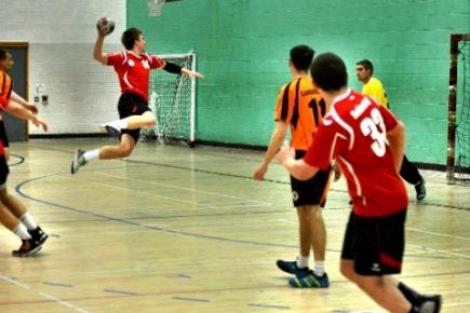
Since then Baillie’s life has been dominated by a sport that to this day has struggled to take off in Britain.
Baillie first started working with Salford in 1987 through to 2000, resuming the love affair in 2009.
Neil Chorley, who runs the ‘allcomer sessions’ at Salford and its Bolton sister club and was introduced to the sport by the Scot, labelled Baillie’s impact as ‘huge’.
The Great Britain Handball team recognised Baillie’s talents by making him coach of the national side from 1989-1994, 1999-2002 and most recently as assistant coach for the Olympic programme from 2007-13.
“The progress has been tremendous, with eight players involved at various points in the Olympic programme and two making the Olympic squad,” Baillie said of Salford’s involvement.
“The level of training and technique has grown and continues to grow. We have a definite legacy with the average age of the current squad 22.”
Salford meanwhile are flying by confirming their place in European competition with a 35-24 victory over Ruislip in March, and they are showing no signs of slowing down, recording two further wins earlier this month.
After a 37-19 victory against Deva in the EHA Cup put them into the semi-finals of that competition, they defeated Manchester 28-13 to maintain their position at the top of the English Super 8 league.
@SalfordHC thanks guys. Was a really sporting and tough match. Good luck in your last fixture!
— Manchester Handball (@ManchesterHC) April 13, 2014
The progress is unsurprising given the effect of London 2012 to boost participation, says Chorley.
“Certainly the Olympics meant that more people knew about the sport. So we received more enquiries and more people came to try it out.”
However, despite the work of the England Handball Association and the substantial growth in participation after the Olympics – with new clubs sprouting up from Newcastle to Newquay – there is no money for the sport to play with at elite level.
“Unfortunately GB lost all of its funding immediately after London and have not trained or competed since June 2013,” Baillie said.
The silver lining for handball is that some of the money taken from the GB elite side has been siphoned into the sport at grassroots level.
“We have a great opportunity to establish handball as a school sport,” Baillie enthused. “With some of the other larger team sports having their funding cut due to participation decline this is a great chance for us.”
While Baillie focuses on the top-end players, Chorley runs sessions for beginners in Salford and Bolton, each Wednesday at 8pm.
“It’s a sport that anyone can enjoy,” he said. “Physique doesn’t matter – whether you’re small and agile or you’re bigger, you can play it.
“It is a contact sport, with players blocking each other, and you need to be quite fit, but you gain fitness by playing.
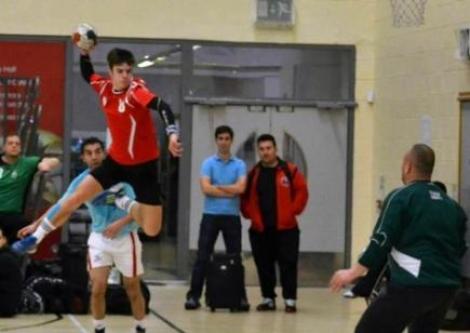
“We cater for anyone, from anywhere – not exclusively Salford. For example, we have some regulars who come from Blackpool to play.”
Looking further afield, Salford’s European participation is vital for the GB national team, with eight senior players and five U20 players coming from the Greater Manchester club at present.
“It is important that we provide the very highest competition level possible [for those GB players], and try to be the first British men’s club team to progress to the group stages – following Salford’s women’s achievement in 1989,” said Baillie.
Salford’s emphasis on young, homegrown talent is not only bringing results on the court, but opportunities for individual players as well.
According to Baillie two of the current squad are being scouted by clubs in Denmark and Slovenia. If they do go abroad, they would be following the tracks made by Ciaran Williams, now in Norway, and Jack Hennessey, in Denmark.
Baillie himself is looking for an opportunity to coach abroad in the next five years, but he is not finished with Salford and GB yet.
“I would like to see the club turn semi pro and compete regularly in Europe, and for GB along with all the other team sports to get the funding we deserve to allow us to be competitive over a sustained period,” he said.
“This will take time and investment but in terms of legacy sports then the way forward is the team sports.”
Main image courtesy of BritishHandball via YouTube, other images courtesy of Bill Baillie/Salford Handball Club, with thanks.
